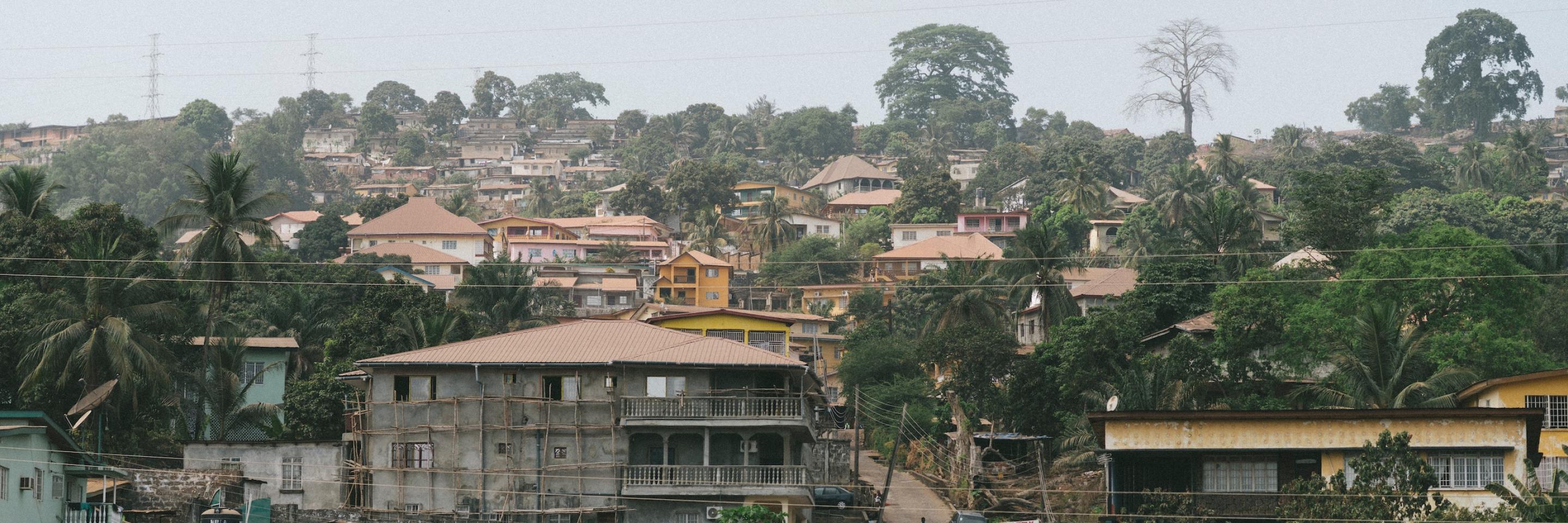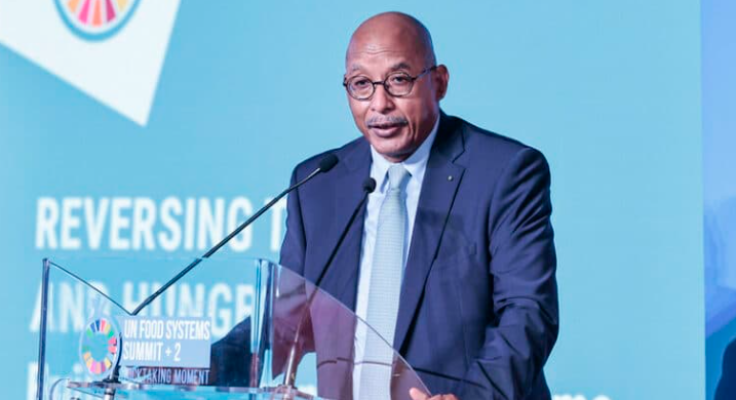
The President of the Republic of Sierra Leone cites evidence-based and costed roadmaps
Restructuring our debt will help us fight the food crisis
In an article published in Devex, Julius Maada Wonie Bio, the President of the Republic of Sierra Leone, argues for the need to restructure the country’s debt and fight the effect of the climate crisis on our food systems. He specifically mentions the roadmaps developed for Ethiopia, Malawi, and Nigeria by the Zero Hunger Coalition.
According to President Bio in the article:
Food insecurity has reached global crisis levels. But despite the urgency of the situation, the funding needed both to respond to humanitarian emergencies and to transform food systems for the future is still not being released and invested where it is most needed.
We struggle to access the funding needed to respond to climate emergencies at the scale and speed needed, despite being least responsible for the climate crisis in the first place. African countries which comprise nearly 17% of the global population are responsible for under 4% of new carbon emissions and even less in terms of total historic emissions.
And we are also facing the most tangible and devastating impacts of climate change. This is both because of the geographic latitudes we happen to occupy and the more fragile systems to withstand the shocks climate change imposes.
With this in mind, long-term financing must be made available to transform food systems to make them resilient and fit for purpose in the future. Rainfall patterns affect rain-fed agricultural systems. Pests, poor soil conditions, poor seed systems, outmoded farming methods, and poor agriculture financing are all further complicated by climate change. This imperils food security, especially in countries like mine.
...A recent analysis for Ethiopia, Malawi, and Nigeria estimated that it would require an average additional public investment of $10 billion per year through 2030 to transform their food systems, with the donor share averaging $5.8 billion and the country share averaging $4.2 billion per year.

